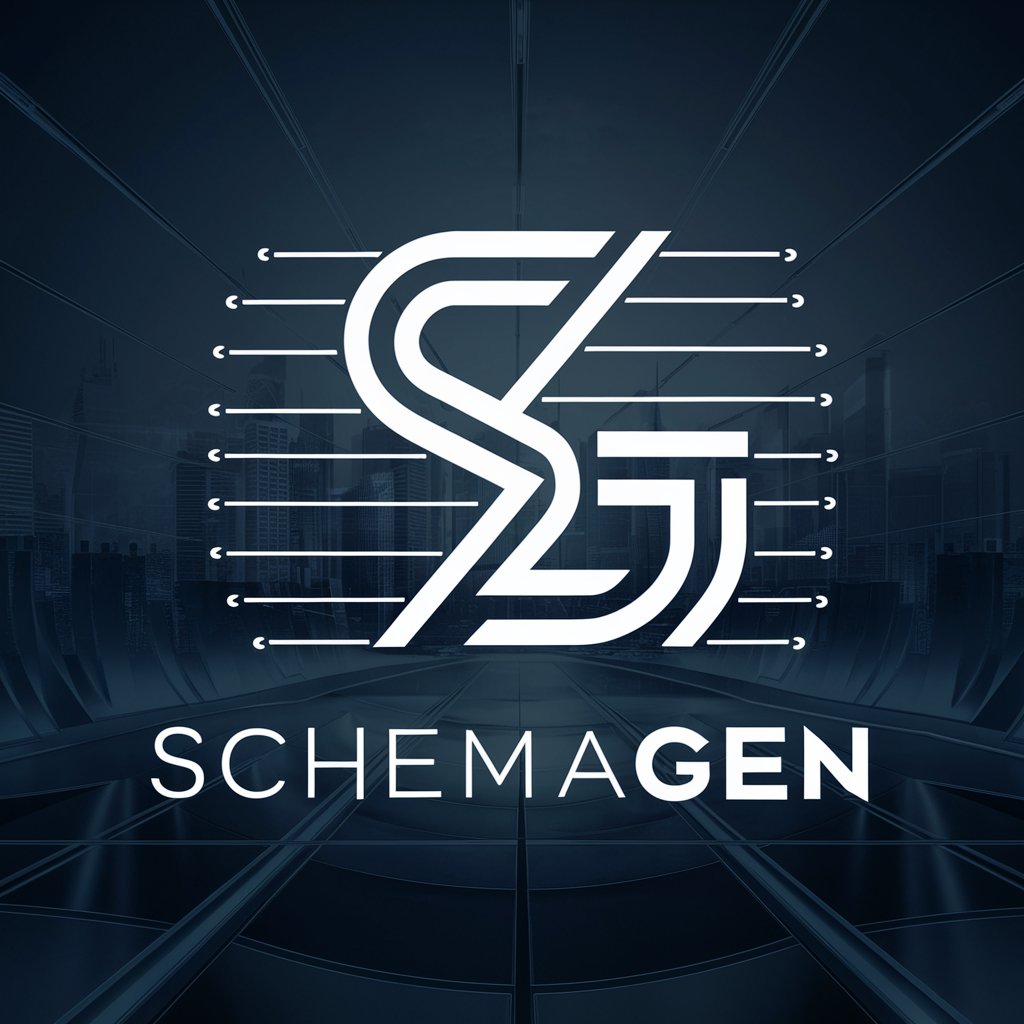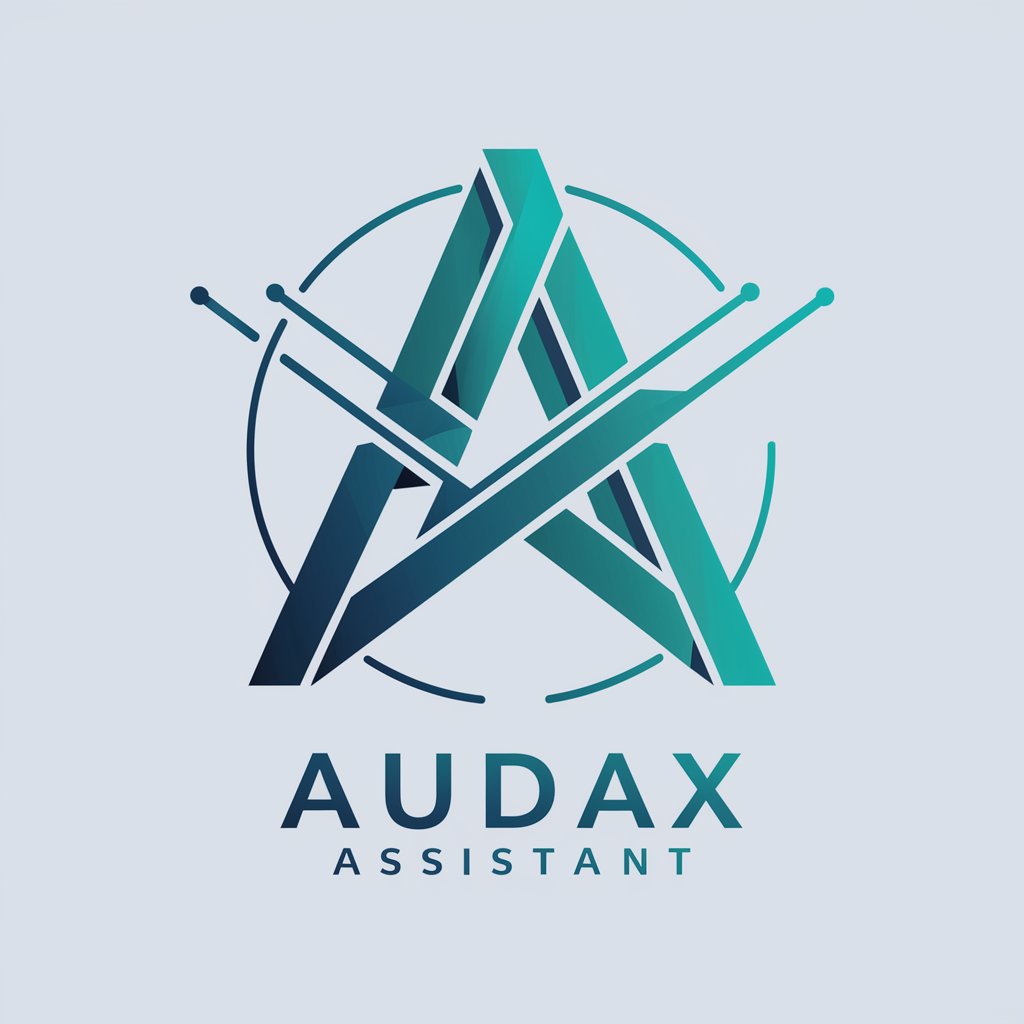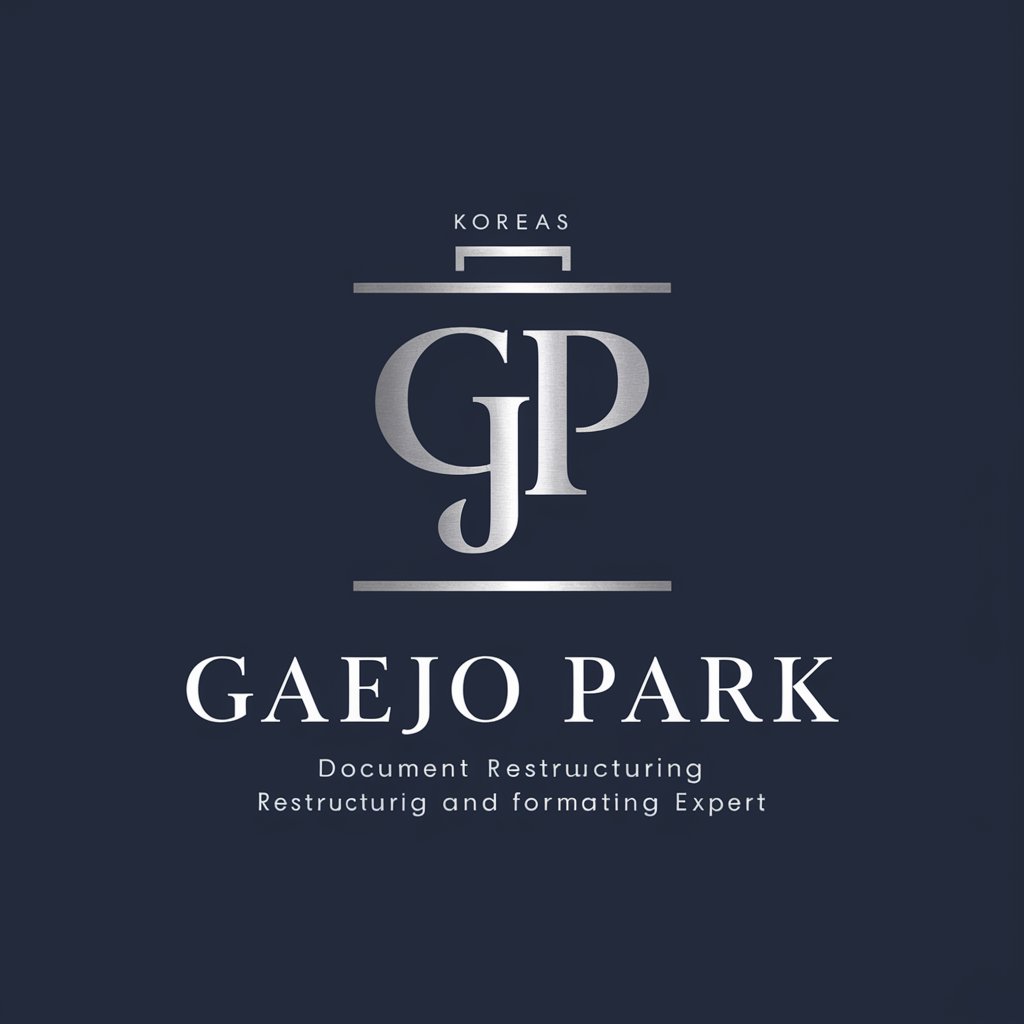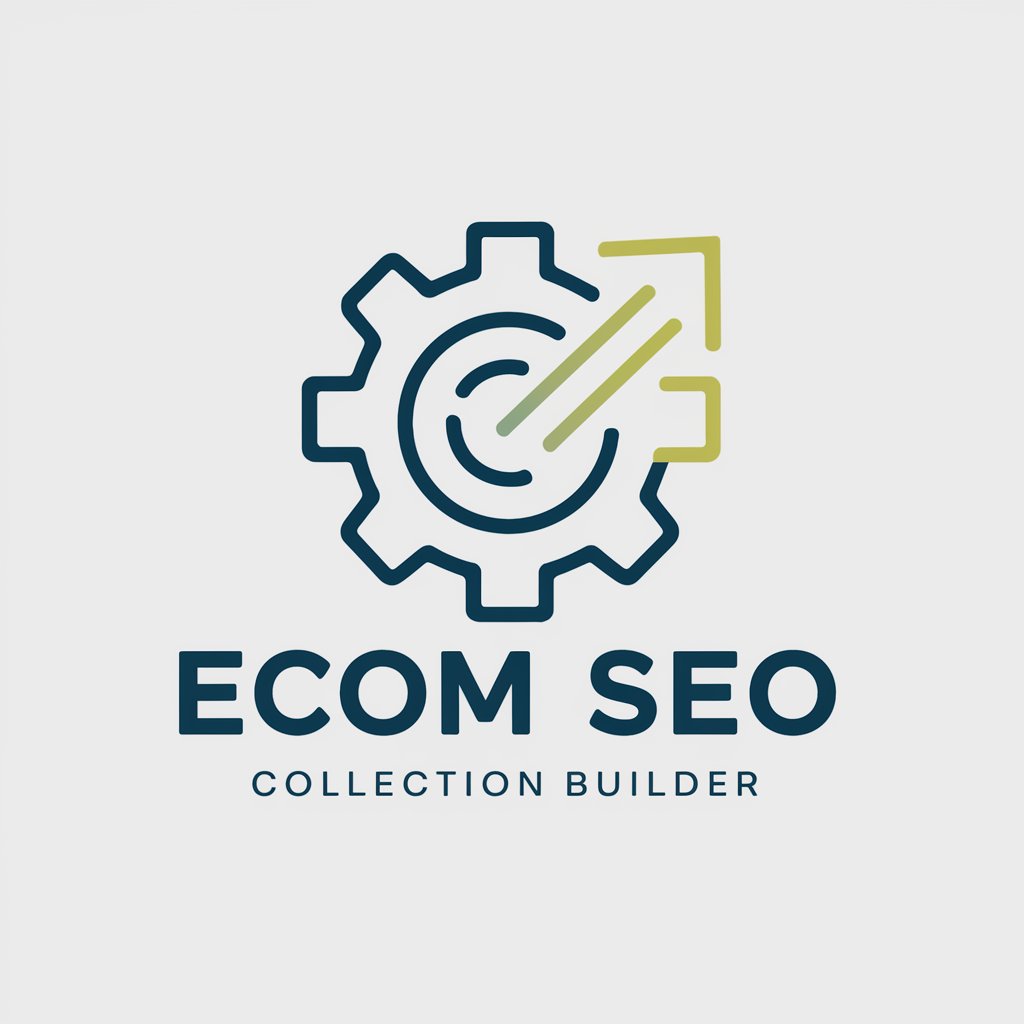SchemaGen by Alireza Esmikhani - Structured Data Generation

Welcome to SchemaGen, your automated structured data generator.
Automate Your SEO with AI-Powered Schemas
Generate JSON-LD structured data for a product:
Create Microdata format for a local business:
Develop a comprehensive Schema for a web page:
Provide RDFa markup for a person with a postal address:
Get Embed Code
Introduction to SchemaGen by Alireza Esmikhani
SchemaGen by Alireza Esmikhani is a specialized tool designed to automatically generate structured data in JSON-LD or Microdata format using Schema.org vocabulary. Its primary purpose is to assist web developers, SEO specialists, and content creators in creating rich, structured data markup that can be understood by search engines and other applications. By providing a comprehensive Schema directly, it aims to enhance the visibility and searchability of web content, contributing to improved SEO rankings and web semantics. For example, if a website owner wants to mark up their product pages with structured data to appear in rich snippets on search engine results pages (SERPs), SchemaGen can generate the required JSON-LD format instantly, including all necessary attributes and suggesting placeholders for any missing information. Powered by ChatGPT-4o。

Main Functions of SchemaGen by Alireza Esmikhani
Automatic Generation of Structured Data
Example
Given a request for a Product schema, SchemaGen produces JSON-LD markup with fields like '@type': 'Product', 'name': '{{PLACE HOLDER}}', 'description': '{{PLACE HOLDER}}', etc., prompting users to fill in specific details.
Scenario
A webmaster updating an online store's product pages to include structured data, enhancing product visibility in SERPs.
Support for Multiple Schema.org Types
Example
For a local business, SchemaGen can generate a LocalBusiness schema that includes properties such as '@type': 'LocalBusiness', 'address': '{{PLACE HOLDER}}', and 'telephone': '{{PLACE HOLDER}}'.
Scenario
A local restaurant owner wants to improve their online presence and local SEO by marking up their website with relevant business details.
Customization with WebPage Schema
Example
Upon request, SchemaGen can embed a specific schema, like a Product schema, within a WebPage schema in an '@graph', providing a more detailed context to the search engines about the content of the page.
Scenario
A content publisher aims to enhance article visibility and provide more context about the content type to search engines by including an Article schema within a WebPage schema.
Format Flexibility: JSON-LD and Microdata
Example
If a user prefers Microdata for HTML integration, SchemaGen can convert the JSON-LD structured data into Microdata format, embedding the markup directly into the HTML of a webpage.
Scenario
A web developer working on a website that requires inline structured data markup for compatibility or policy reasons.
Ideal Users of SchemaGen by Alireza Esmikhani Services
Web Developers and Designers
Professionals involved in website construction and design can use SchemaGen to easily integrate structured data into their projects, ensuring their websites communicate effectively with search engines and enhance their SERP presence.
SEO Specialists
SEO experts looking to optimize websites for better visibility in search results will find SchemaGen invaluable for creating and implementing structured data without needing in-depth coding skills, streamlining the optimization process.
Content Creators and Marketers
Individuals focused on content creation and digital marketing can leverage SchemaGen to mark up their content for better distribution and visibility across search engines, thereby enhancing engagement and reach.
E-commerce Managers
Managers of e-commerce platforms can use SchemaGen to generate product schemas that improve product listings in search results, directly influencing click-through rates and conversions.

How to Use SchemaGen by Alireza Esmikhani
Start Your Journey
Begin by visiting yeschat.ai to access SchemaGen by Alireza Esmikhani for a free trial, with no need for login or a ChatGPT Plus subscription.
Select Schema Type
Choose the specific schema type you need to generate, such as Organization, Product, or WebPage, from the provided options.
Input Your Data
Enter the details relevant to your selected schema type. Use placeholders for any data you're currently unsure about to ensure the schema's structure is preserved.
Generate Schema
Submit your data. SchemaGen will automatically generate a comprehensive JSON-LD or Microdata schema based on the Schema.org vocabulary version 23.0.
Review and Implement
Review the generated schema for accuracy and completeness. Implement it on your website, and replace any placeholders with actual data. Use validation tools like Schema.org Validator for checking the schema's validity.
Try other advanced and practical GPTs
[実務特化]3C分析くん”AI.3C Analysis Agent”
AI-Powered Market Insight Tool
![[実務特化]3C分析くん”AI.3C Analysis Agent”](https://r2.erweima.ai/i/7ILc1mAaRPOO7VzsIRDVqw.png)
Audax Assistant
Empowering Businesses with AI

Aide for Solution Architects
Navigating Compliance with AI Expertise

AWS Cloud Architect Pro
Your AI-Powered AWS Cloud Advisor

Stephen Hawking Bot
Explore the cosmos with AI-powered guidance.

Naval Ravikant Bot
AI-powered insights from Naval Ravikant

박개조(Gaejo Park), 개조식 문서 작성 및 정리 전문가
Revolutionizing Document Organization with AI

MLA FB Ad Copy Copywriter Agent
AI-Powered Legal Ad Copywriting

Landing Page Creator
Craft compelling landing pages effortlessly

Ecom SEO Collection Builder
Optimize Collections with AI Power

Florida Civil Attorney Assistance
AI-powered Florida Legal Support

as du copywritting
Craft Compelling Copy Effortlessly

SchemaGen by Alireza Esmikhani: Q&A
What is SchemaGen by Alireza Esmikhani?
SchemaGen is a tool designed to automatically generate structured data in JSON-LD or Microdata formats using Schema.org vocabulary. It aims to simplify the creation of SEO-friendly schemas for websites.
Can SchemaGen generate schemas for any type of content?
Yes, SchemaGen supports a wide range of schema types including, but not limited to, Organization, Product, Article, and WebPage, following the Schema.org vocabulary version 23.0 guidelines.
How does SchemaGen ensure the accuracy of generated schemas?
SchemaGen uses the latest version of Schema.org vocabulary to create comprehensive and detailed schemas. Users are encouraged to review and customize their schemas with actual data and validate them using tools like Schema.org Validator.
Can I use SchemaGen for Microdata format?
Yes, SchemaGen can generate structured data in both JSON-LD and Microdata formats. Users can switch to Microdata format upon request, providing HTML with proper attributes and properties.
Is SchemaGen suitable for beginners in SEO?
Absolutely. SchemaGen is designed to be user-friendly and accessible to individuals at all levels of SEO expertise, providing a straightforward way to enhance a site's search engine visibility with structured data.
